Earth
Sign up for our newsletter
We summarize the week's scientific breakthroughs every Thursday.
-
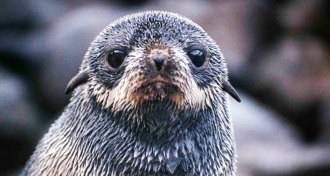 Animals
AnimalsStrong winds send migrating seal pups on lengthier trips
Prevailing winds can send northern fur seal pups on an epic journey.
-
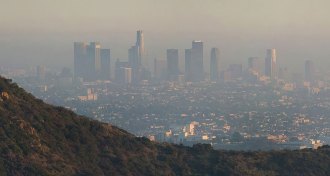 Chemistry
ChemistryHousehold products make surprisingly large contributions to air pollution
A study of smog in the Los Angeles valley finds that paints, fragrances and other everyday items are a growing component of the problem.
-
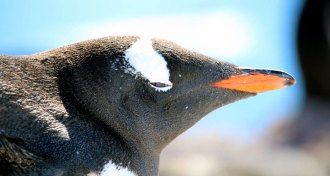 Climate
ClimateLook to penguins to track Antarctic changes
Scientists say carbon and nitrogen isotopes found in penguin tissues can indicate shifts in the Antarctic environment.
-
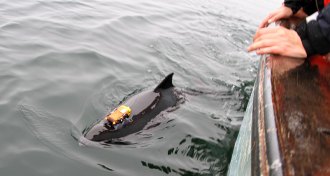 Life
LifeShipping noise can disturb porpoises and disrupt their mealtime
Noise from ships may disturb harbor porpoises enough to keep them from getting the food they need.
By Dan Garisto -
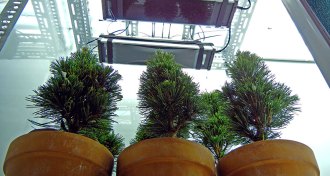 Plants
PlantsAncient ozone holes may have sterilized forests 252 million years ago
Swaths of barren forest may have led to Earth’s greatest mass extinction.
-
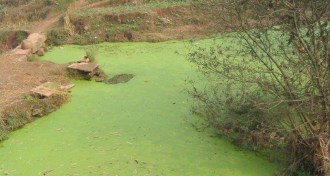 Ecosystems
EcosystemsHumans are overloading the world’s freshwater bodies with phosphorus
Human activities are driving phosphorus levels in the world’s lakes and other freshwater bodies to a critical point.
-
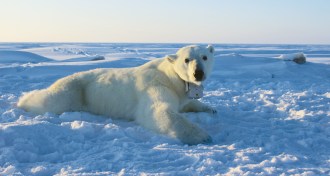 Animals
AnimalsA peek into polar bears’ lives reveals revved-up metabolisms
Polar bears have higher metabolisms than scientists thought. In a world with declining Arctic sea ice, that could spell trouble.
By Susan Milius -
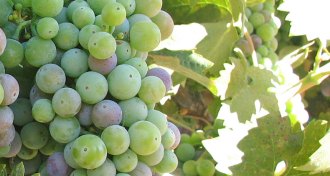 Agriculture
AgricultureGrapevines are more drought-tolerant than thought
Grapevines handle drought better than previously thought. This could inform irrigation management.
By Dan Garisto -
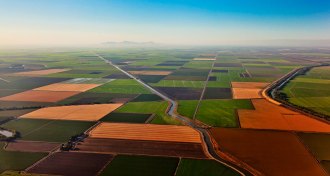 Earth
EarthGassy farm soils are a shockingly large source of these air pollutants
California’s farm soils produce a surprisingly large amount of smog-causing air pollutants.
-
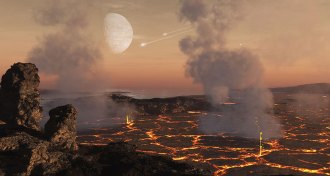 Earth
EarthLife may have been possible in Earth’s earliest, most hellish eon
Heat from asteroid bombardment during Earth’s earliest eon wasn’t too intense for life to exist on the planet, a new study suggests.
-
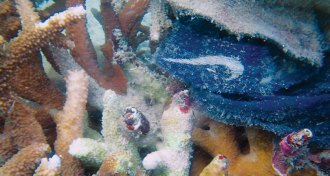 Environment
EnvironmentPlastic pollution increases risk of devastating disease in corals
Researchers estimate about 11 billion pieces of plastic are polluting Asia-Pacific corals, raising the risk of disease at scores of reefs.
By Dan Garisto -
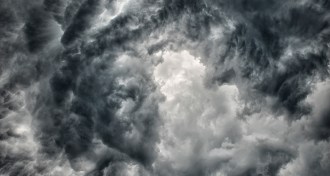 Earth
EarthOverlooked air pollution may be fueling more powerful storms
The tiniest particles in air pollution aren’t just a health threat. They also strengthen thunderstorms, new research suggests.